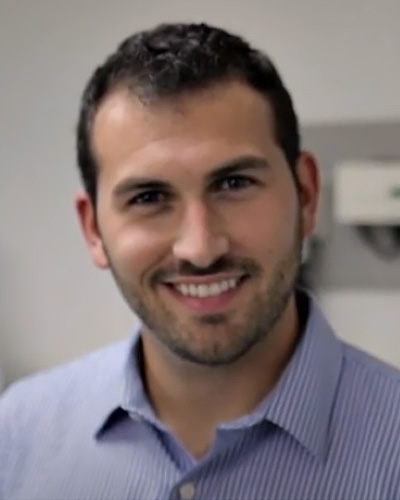- Academics
- Programs and Degrees
- Academic Calendar
- Course Catalog
- Faculty
- Clinical Education
- Graduate Medical Education
- Continuing Education
- Admissions
- How to Apply
- Admissions Events
- Student Stories
- FAQs
- Costs and Aid
- Community and Minority Outreach
- Diversity
- Overview
- Leadership Message
- Programs and Initiatives
- Diversity News
- Resources
- PCOM Safe Space




